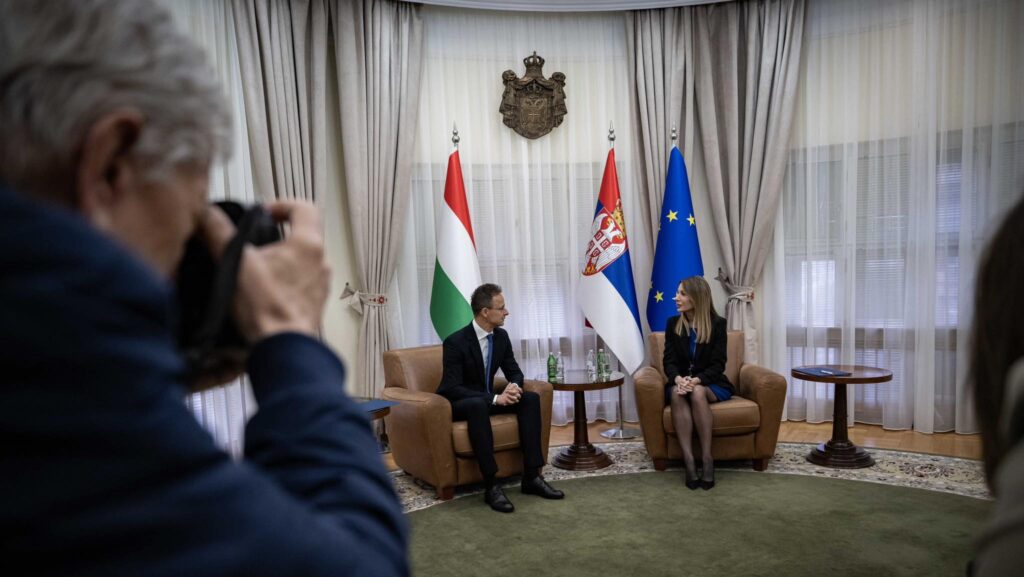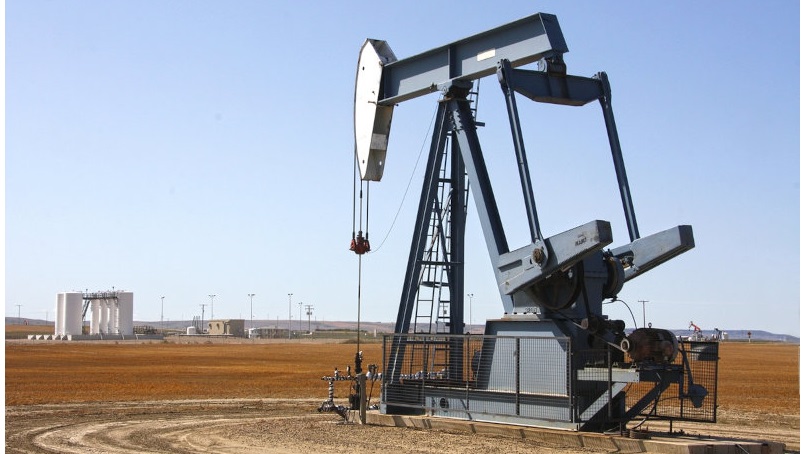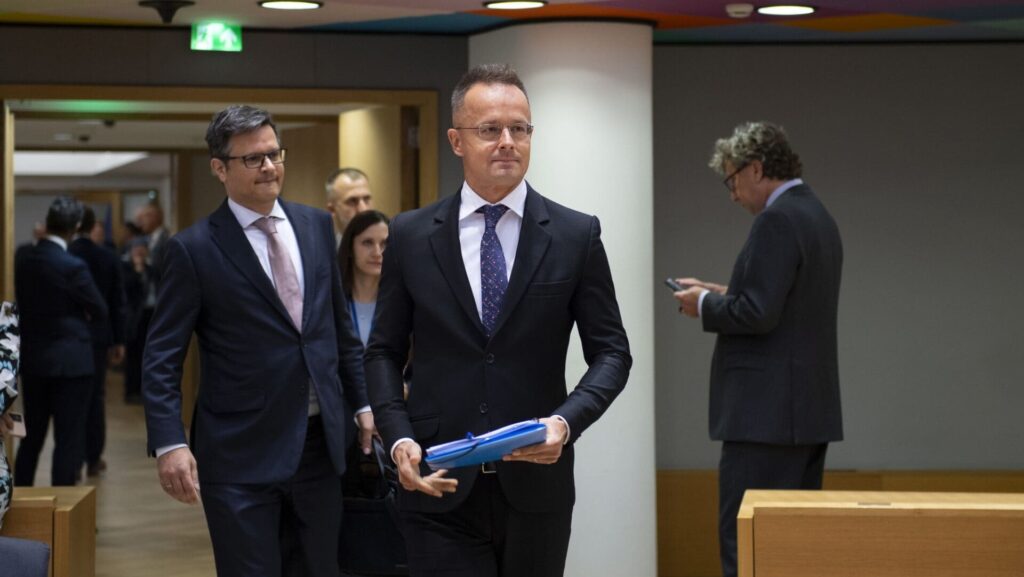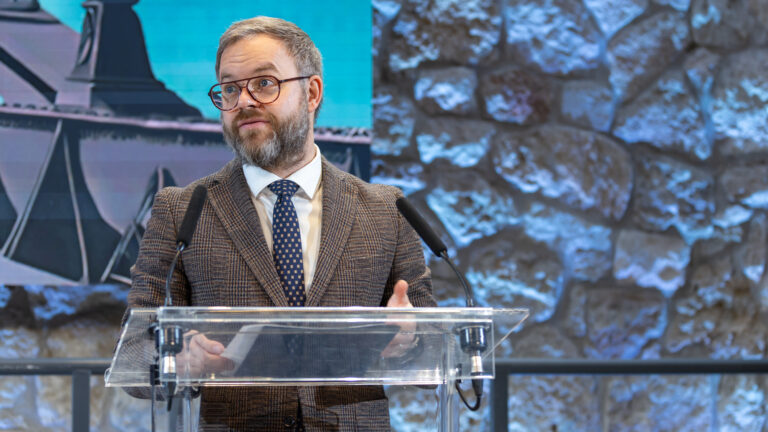In response to a complex crisis that is hitting Europe hard, there have been proposals that would raise the price of water, to encourage people to use less of it. In other countries, it is the lack of gas that concerns leaders, and in some cases the food industry is facing a crisis a well.
Contingency Plans in Action
Experts and politicians have started introducing new ideas to combat the energy crisis in their countries. Margareta Lindgren, a Swedish politician, has suggested that the price of water should be raised in her country, to force people to consume less of it. Another idea proposed has been that households should not flush their toilets in the conventional way, instead do it with used dishwashing water.
Germany is in full crisis mode as well, coming up with new and unorthodox ideas, since the country is under enormous pressure due to energy shortages and high inflation. Several cities decided that they are going to limit the amount of water and electricity households can use. For workplaces, the reintroduction of teleworking for most employees has been recommended, to save the energy that would otherwise be used by commuting. Many companies have also signalled possible layoffs should energy prices continue to increase.
Several cities decided that they are going to limit the amount of water and electricity households can use
As a savings measure, local governments in Germany are planning to limit heating in public spaces and government buildings. Other plans include turning off public lighting and public fountains. Some cities estimate that, considering the entirety of 2022, energy costs will be at least 80 per cent higher than they were in the previous year. In one of the cities, Augsburg in Bavaria, the municipality has already seriously considered turning off street lights.
Bavarian Food Problems
Bavaria is already facing a series of grave issues as a result of the crisis. The food industry in the state could be on the verge of collapse, with leading companies in the industry voicing grave concerns about the future. Currently, the milk industry is the one facing the most problems and they expect that soon the average consumer will experience them as well. Günther Felssner, the Bavarian Minister of Agriculture has said that if gas supplies are turned off, within twelve hours no one will be able to collect the milk from farms, meaning that in two days there will be no milk on the shelves of supermarkets. He pointed out that food supply is more important than heating, implying that industries should be prioritized over households when it comes to energy rationing.
In fact, if milk supply starts to dwindle in Bavaria, the entirety of Germany could face export troubles. Bavaria produces half of all cheeses made in the country in a year, equalling one million tons of cheese. Dairy products are not only important domestically, they are also a significant export commodity for the country. According to data from the Bavarian State Research Centre for Agriculture, milk producing facilities in the state realize proceeds from exports worth about 3 billion Euros annually.
The Situation in Hungary
In Hungary, utility costs have stayed the same even in the shadow of the war. This can be attributed to the government’s utility cost reduction programme that has been in place for years. While Hungarians are for the time being are safeguarded against high energy prices and energy shortages, the events in the neighbouring countries are bound to affect Hungary as well.
Gas reserves are being filled up before the approaching winter season
The Hungarian fight to fend off the crisis is waged on several fronts. While the government is trying to prevent further Russia sanctions that would devastate the country’s gas supply, gas reserves are being filled up before the approaching winter season. At the same time, the administration is working to keep in place its utility cost reduction programme, to ensure low gas and electricity prices for the majority of the population.
Is There More to Come?
Soaring energy prices and energy shortages are clearly starting to cripple many Western European countries economically. It is fair to presume, also on the basis of uncontestable statistical data, that the crisis will not end soon, it is here to stay. All countries in the EU should brace themselves for what seems to be inevitable: at some point in the future, they will have to resort to compromises to maintain a livable environment.








